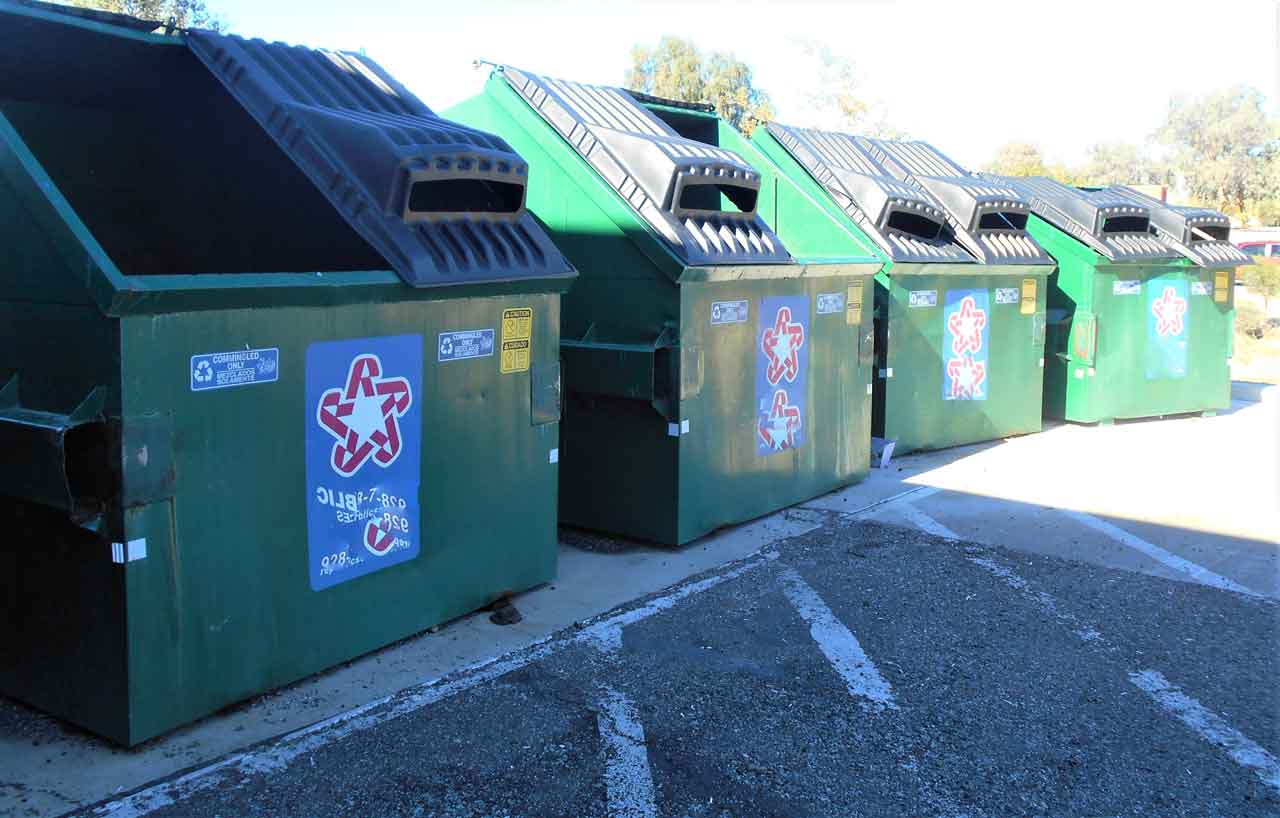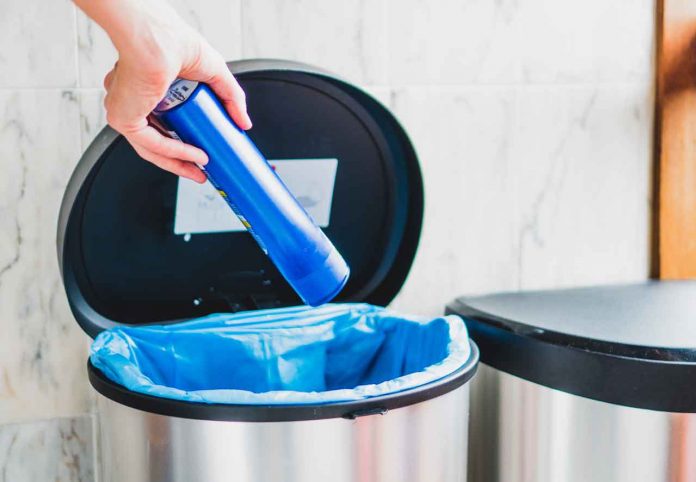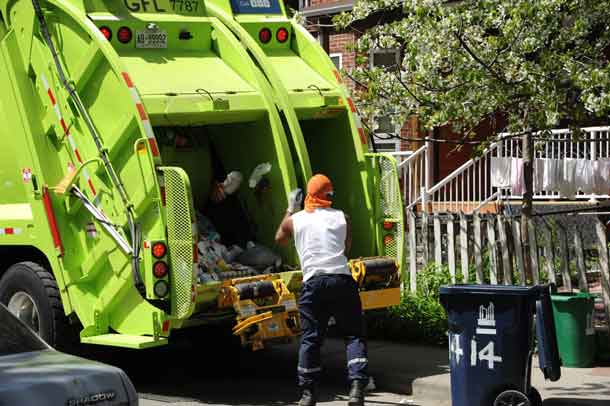How to Reduce Waste at Home
Waste is a big problem in our society. Every year, as a society, we generate billions of tons of trash that end up in landfills, oceans, and incinerators. This waste not only pollutes our environment, but also wastes valuable resources, contributes to climate change, and harms wildlife.
The amount of plastic waste in the Pacific Ocean and in waterways, including the Great Lakes is honestly mind boggling.

The good news is that we can all do something to reduce our waste and move towards a more sustainable lifestyle.
By making some simple changes in our daily habits, we can reduce the amount of waste we produce, save money, and protect our planet.

Here are some tips on how to reduce waste at home:
- Buy less. The first step to reducing waste is to buy less. Avoid impulse purchases and unnecessary items. Plan your shopping list and stick to it. Choose quality over quantity and buy durable and reusable products. This way, you will reduce the amount of packaging and disposable items you bring home.
- Use reusable bags. Instead of using plastic bags, bring your own reusable bags when you go shopping. You can use cloth bags, tote bags, or backpacks. Reusable bags are not only eco-friendly, but also more sturdy and spacious. You can also use mesh bags or containers for your produce and bulk items.
- Compost your food scraps. Food waste is one of the largest components of household waste. Instead of throwing away your food scraps, you can compost them and turn them into rich fertilizer for your garden. You can use a compost bin, a worm farm, or a bokashi system to compost your food waste. You can compost fruit and vegetable peels, eggshells, coffee grounds, tea bags, and more.
- Use reusable cups and bottles. Another way to reduce waste is to use reusable cups and bottles instead of disposable ones. You can bring your own travel mug or thermos when you buy coffee or tea. You can also use a reusable water bottle and fill it up from the tap or through a filter. This will help you avoid plastic bottles and cups that often end up in the landfill, or the ocean.
- Use reusable containers and wraps. Instead of using plastic bags, cling wrap, or foil, you can use reusable containers and wraps to store your food. You can use glass jars, metal tins, or silicone bags. You can also use beeswax wraps, cloth napkins, or wax paper. These alternatives are not only better for the environment, but also keep your food fresher and safer.
- Cook more often. Cooking your own food is not only healthier and cheaper, but also reduces waste. You can control the ingredients and portions, and avoid packaging and additives. You can also use up your leftovers and create new dishes. Cooking more often also gives you the opportunity to try new recipes and have fun in the kitchen.
- Grow your own food. Growing your own food is another way to reduce waste and save money. You can grow your own herbs, vegetables, and fruits in your backyard, balcony, or windowsill. You can use organic seeds, compost, and rainwater. You can also harvest your own food and enjoy the freshness and flavor. Growing your own food also reduces your carbon footprint and supports biodiversity.
- Recycle what you can. Recycling is the last resort when it comes to reducing waste. Recycling means turning waste materials into new products. Recycling helps conserve resources, energy, and landfill space. However, recycling is not always easy or efficient. Some materials are not recyclable or have low quality. Recycling also requires transportation and processing, which can have environmental impacts. Therefore, it is better to reduce and reuse before you recycle.
- Educate yourself and others. The final tip on how to reduce waste at home is to educate yourself and others. You can learn more about the environmental and social issues related to waste and how to solve them. You can also share your knowledge and experience with your family, friends, and community. You can inspire and encourage others to join you in your waste reduction journey. You can also join or support local groups and initiatives that promote waste reduction and sustainability.
These are some of the ways you can reduce waste at home and make a positive difference in the world. Remember, every little action counts and adds up. By reducing waste, you are not only helping the environment, but also yourself and future generations. So, start today and enjoy the benefits of a waste-free lifestyle.








